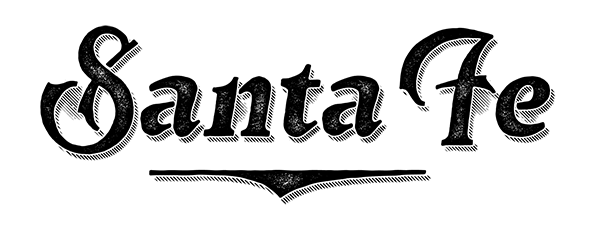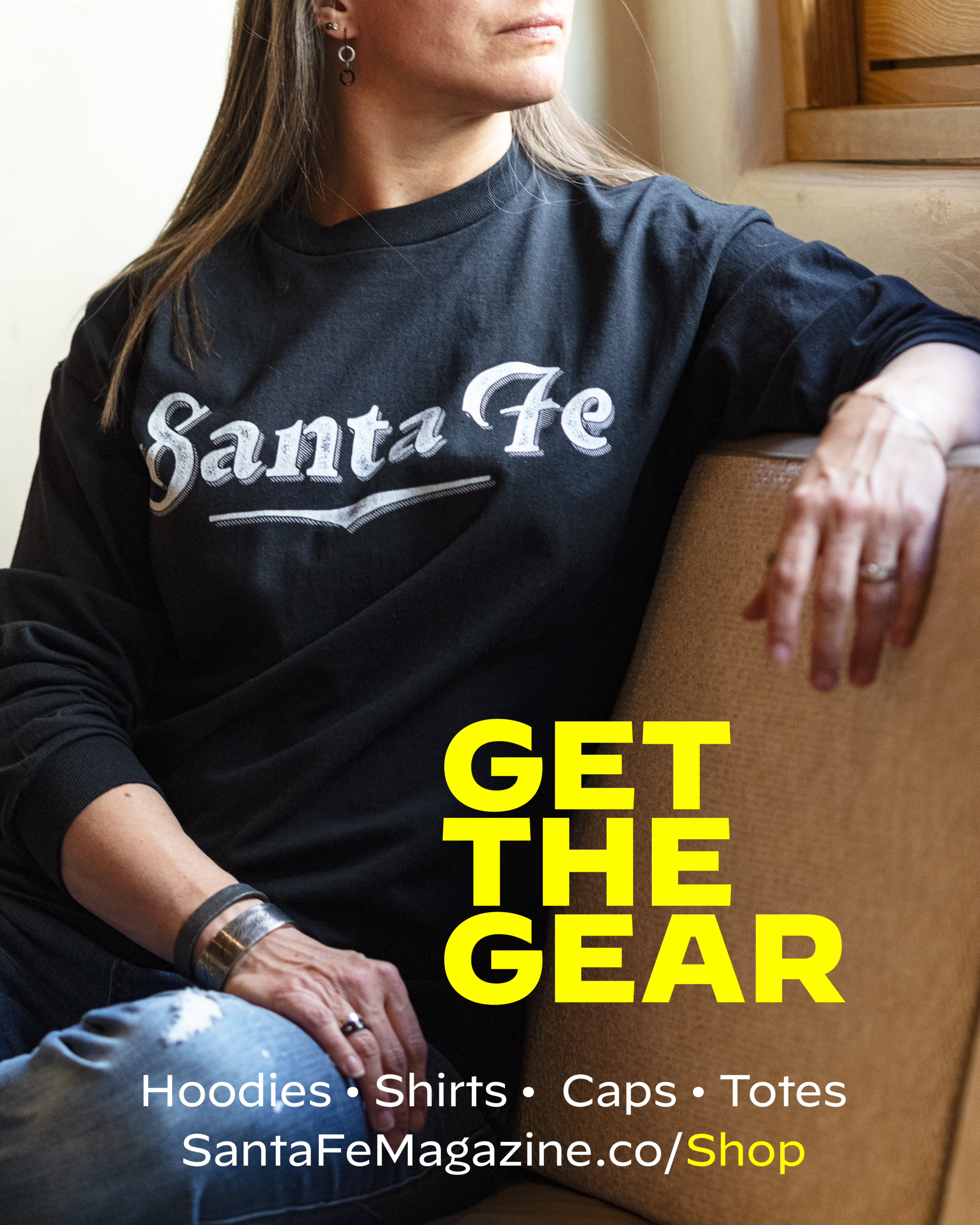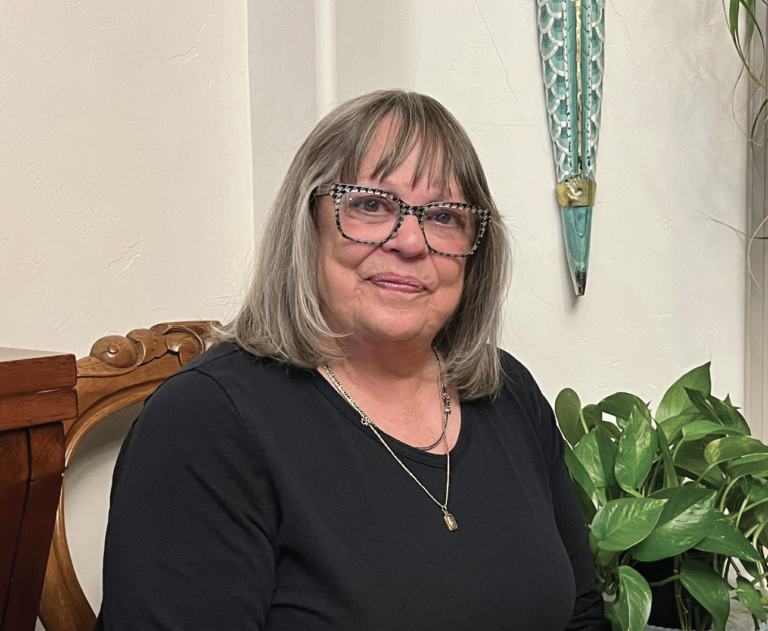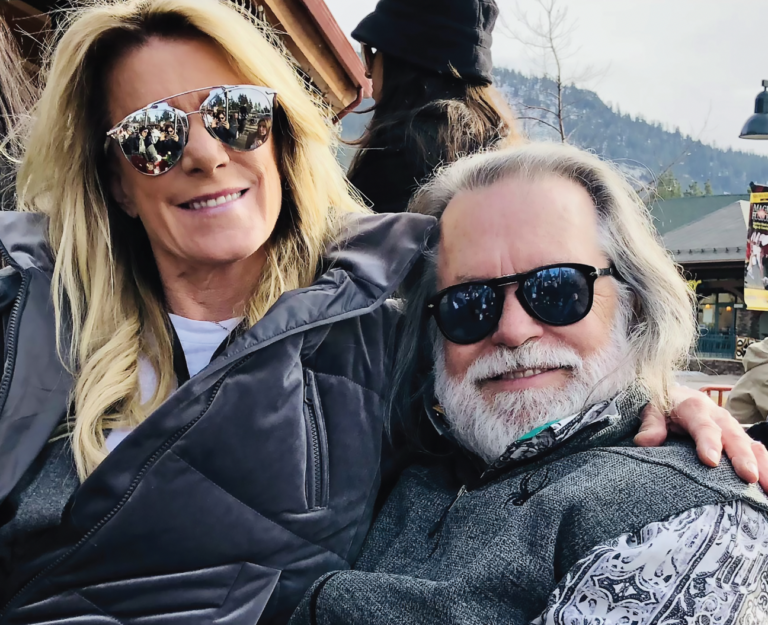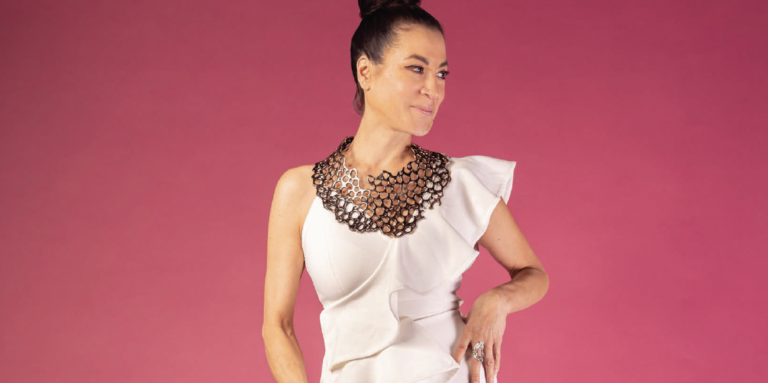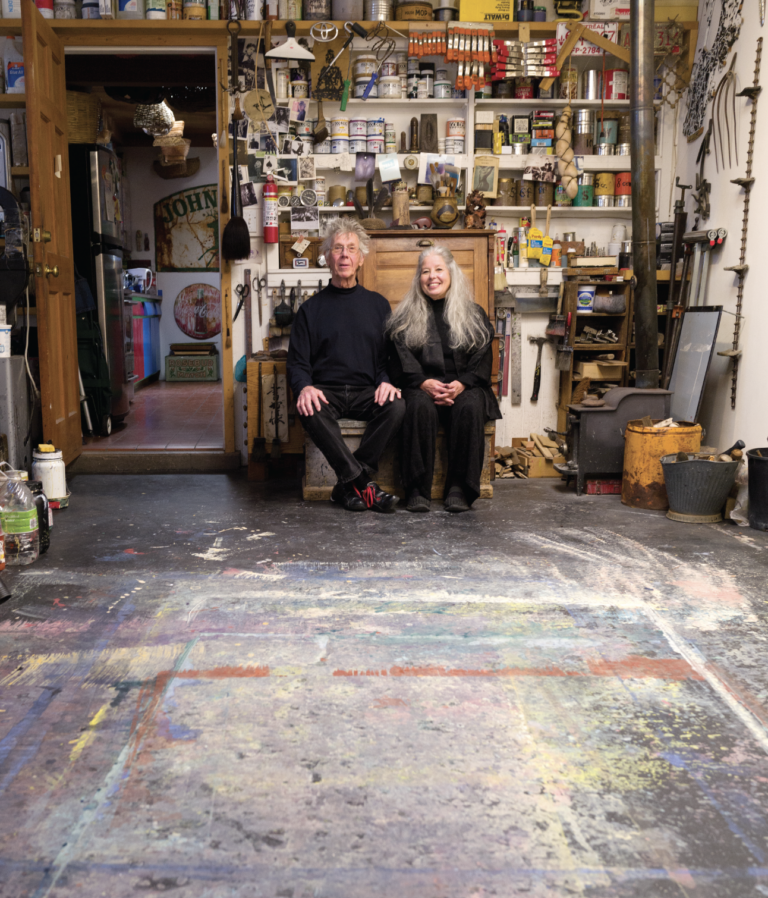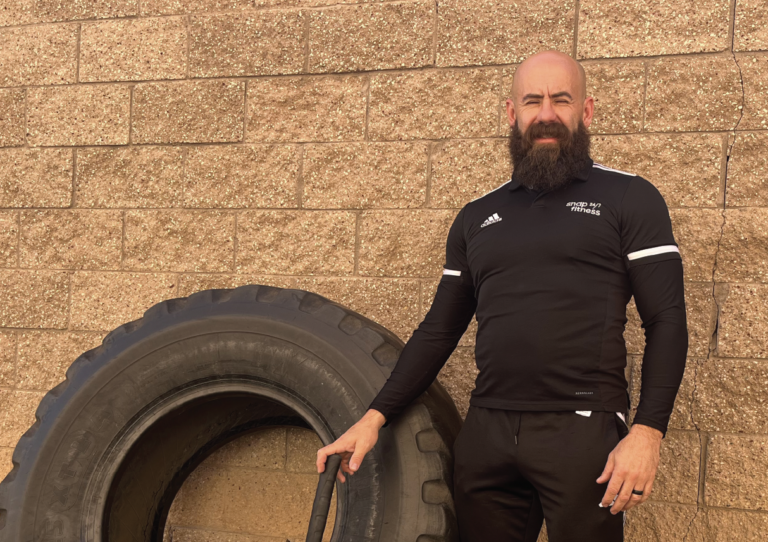JOAN HAS A SUPERPOWER ABILITY ability to get to the heart of things, often with deadpan withering honest, interspersed with whimsy, wonder, and farcical conspiracy. She’s protean at heart – still a dancer. (She was the Ostrich and Mary Martin’s flying understudy in Jerome’s Robins’ Peter Pan.)
Visiting her at Tesuque home, I couldn’t shake the notion that if Peter wanted a break from Never Never Land, he might show up there. Hiding anything from Joan, as he learned long ago, was a fruitless enterprise. Thusly freed, who better to prank and dance with?
Right now, Nashville seems incredibly relevant. How did you get involved?
The Beatles were recording in Nashville. Loretta Lynn was on the cover of Time. And Robert Altman had just done M*A*S*H. I had met Altman when I was going back into earning a living in show business. A friend took me to see M*A*S*H. And I thought, This guy is doing what I want to do. I met Bob, I told him about all my fancy dancing background, and he said, “I don’t care. But I’m going to use you. So you’re going to have to figure out how to use me too.”
Paramount, I think it was, handed him a script about Nashville. Bob read it and said, “Joan, do you know anything about country western music?” I said, “Some I like, some I don’t.” This was the seventies, and the world was coming apart and coming together all at the same time. So we did it. The first time I went to Nashville, I was given a tour and saw the Patsy Cline’s hairpins, her Bibles, all of it.
When I met the actors we’d be working with, they were just people, and what I came away with was the humanity in all of us. It creates these constructs that are really weird. I wrote a script with 25 characters that overlapped. I come from the world of dance and choreography, so everything is a dance. A big soap opera. Basically, it’s a film where no character has judgment. In other words, they’re all self-involved.
Was each character inspired by someone?
Compilations; each character had a thread. They each had a beginning, a middle, and an end. In other words, the script was put up like you make a rug, like a piece of weaving. I had to see every single character at every point, every single day of the script, so I didn’t lose track.
There’s debate about whether the movie was more improvisation or more scripted…
It’s like a comic book that everything is based on. With Bob, as long as the scenes started at the beginning, as written, and ended as written, you could fool around in the middle. And with actors that he’d worked with before, I could create a construct for him that allowed for all the shit that usually went on.
It is a single story without ever telling a single story. That’s what happened working with Bob, watching how you could construct and deconstruct. There’s nothing precious about anything. Because it falls apart and comes back together.
Sort of like life.
It is life. You just to put it all up there so people can identify and say, Oh shit, that’s me.
Nashville’s violence, the obsession with celebrity, the assassination of political dash — does it seem that, unfortunately, it all became true?
We didn’t know we were doing life as it was becoming. What I’m always looking for is what fuels us underneath all the bullshit. I’m always very curious about where people grew up or what triggered a response to another response. It sounds like pop psychology; I don’t mean it as that construct. If you take all of the classics, you can transform them to right now. And they make perfect sense.
What reveals itself over and over again, is the pattern of what’s inside human. And the influence of the influences that come at us shape how we perceive.
I’ve lived for a long time with the artist Robert Irwin. For him, it’s all about perception, about changing the perception of the shape, of what light can do to a room, how it can make you go there instead of there.
What do you think about when you think about Altman?
I’m grateful. I’m grateful that I had Jerome Robbins choreographing my eyeballs. And I had Robert saying, You need a barber? Cast the barber, for God’s sake, don’t cast some actor to play a barber. He opened up the world of possibility because he didn’t give a shit about what you thought. He gave a shit about truth. And in truth, it’s humor. Change comes when you laugh because you change the chemistry in the brain. He did a lot of that.
He knew what he could get away with. He also knew that people hated him. Because he was rigorous about doing it his way. And it got harder and harder and harder to get movies done. It became about keeping doing. The lesson from Bob was that continuing to work is the best revenge. Some of the films were pieces of passion, others were to pay the bills to get back to the pieces of passion.
How do you like being a teacher?
I love it. I’ve been an advisor at Sundance, and about a dozen years ago, I started doing this stuff at the lab. I noticed that the thing that was missing in all of the screenplays was real characters. So I took their existing characters, broke them down, did bullet-point biographies, and gave them prompts based on the screenplays. And it’s amazing – suddenly you have a whole human being. I didn’t know it, but it was really what was going on with Nashville. These characters have a full-on story – they’re sympathetic, they’re repulsive, they’re funny, they’re deadly serious.
Tell us about your family.
My mother was a nurse. She came from Terre Haute, Indiana. She wanted to be a dancer, so I was taken to dancing school at age three. My father was from Canada. And he repaired comptometers. He would have loved computers. He brought home a 16-millimeter movie projector and showed documentaries at home. And they weren’t married. I didn’t find that out until I was 40. Because nobody talked. I took the streetcar from where I lived in Alhambra to Hollywood to take dancing lessons. The streetcar life was great because you got to watch everything. It was like you were in a movie. Yes. In a frame.
Why Santa Fe?
I left LA because the whole world of show business is circumscribed, and it was getting narrower and narrower and narrower. We were very lucky to be there in the seventies. We were very lucky to have experienced a shift in film-making in that 10-year span. It had been run by the old patriarchy for a very long time, then suddenly, you had George Lucas and Francis Ford Coppola.
The youth came and pierced it. Sensibilities expanded and changed and you got to put something new info into the world.
I rented a house in Santa Fe in 1986 and then bought land. I couldn’t afford to build a house. But I knew that I wanted to be someplace where I could look out. What, to me, is the most inspiring thing about being here is that there’s a change every minute. If it’s not in the weather, it’s in the culture. It gave me room to develop my own work. Rather than always doing what you did last time, you write an original screenplay. Santa Fe allows someone with an active imagination to go underneath the obvious.
But fear locks people into the routine of what they know – they’re not going to leave it because if they do, God will strike them dead. Or a member of the family might because they’ve just told a secret or a dozen other things.
On the other hand, there’s curiosity. Curiosity will take you down the dumbest, most wonderful, most horrendous paths if you stay open to it. The hardest thing is to stay open to all the experiences on this path and not shut down because you have a really bad experience. Instead, you say, Oh, that was really fucked. But I’m going to do this other thing over here. Curiosity is the love affair of following the path.
What’s really sad to me about education is the lack of curiosity. Everything is taught with this rigorous format of how to do something. That’s the result; there’s no other way to do it. But there are a thousand ways to do something. We’re not opening possibilities for problem-solving in different ways, we’re not opening possibilities of being curious about history, or how math is beautiful because it is a form of art and music. We do not teach curiosity and possibility.
The other key, besides curiosity, is a sense of humor. The minute that you start taking yourself terribly seriously, you’re dead.
I sit in Santa Fe and I feel so privileged and so lucky and so grateful to be living here. And I am looking at the world like I’m watching a really bad movie. But this is why I am grateful about open endings. People want a prescribed ending. I don’t want it. I don’t want you to give me an ending, and I don’t want you to tell me that you know how it’s done. I am curious in taking the ride, no matter how terrible it is. I guess that’s what I am.
Photo Mary Moon
